Within the framework of the recently held Workshop "Digital Copy - Breakthrough in Smart Agricultural Technology for the Mekong Delta", Can Tho University and CT Group Corporation announced their cooperation in establishing a UAV Center combined with Agricultural Robots and a UAV Pilot Training School.
This will be a place to train human resources as well as develop UAV products - unmanned aircraft serving agricultural and aquaculture production activities, the strength of the Mekong Delta region.
The two sides also implemented a project to develop high-quality human resources for the Mekong Delta in science and technology, innovation and digital transformation, and cooperated in training on advanced packaging in the semiconductor industry through human resource development, internship programs, international curricula, scholarship funding, organizing seminars and joint research.
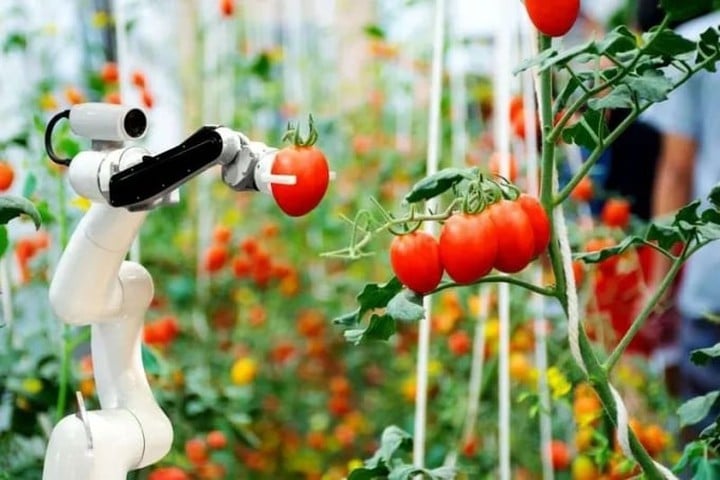
Illustration photo
Another area of cooperation is the development of carbon credits for the Mekong Delta, focusing on sustainable shrimp farming, sustainable rice cultivation, public lighting conversion, and training programs on ESG (environment, social, governance) and carbon credit markets.
At the same time, Can Tho University builds a specific roadmap for training high-quality human resources for Smart Agriculture and High-Tech Agriculture.
According to Associate Professor Dr. Tran Trung Tinh, Principal of Can Tho University, the Mekong Delta has a strategic position and is one of the important deltas in agricultural production with outstanding products such as rice, fruits, and seafood.
This is a place that actively contributes to Vietnam's rise to the TOP in many important industries such as food production, aquaculture, and fruit export.
However, according to Associate Professor Tinh, the Mekong Delta is also facing unprecedented challenges from climate change, increasingly complex drought and salinity, and soil degradation during cultivation.
"The traditional agricultural production model has revealed many limitations and is no longer strong enough to meet the urgent requirements of food security, sustainable development and value addition in the global supply chain, especially competitiveness with neighboring countries," Associate Professor Tinh said, adding that developing smart agriculture is not only an inevitable trend, but also a strategic solution to ensure a safe and sustainable food supply, effectively adapt to climate change and improve international competitiveness. This is the inevitable path for the Mekong Delta to maximize its potential and make a worthy contribution to the overall development of the country.
Associate Professor, Dr. Tran Trung Tinh hopes that the development and application of scientific and technological achievements, innovation and digital transformation will create strong breakthroughs, bringing smart agriculture in the Mekong Delta to international level, contributing to the overall development of the country.
According to experts, UAV technology is playing an increasingly important role in smart agriculture, helping farmers monitor crops, detect early signs of crop abnormalities, support spraying pesticides, fertilizing and irrigation accurately, saving input materials, reducing costs and limiting negative impacts on the environment as well as human health. On a large scale, UAVs support data collection for digital agriculture, build field maps, thereby supporting decision making in agricultural management.
In Vietnam, UAV technology is being invested in and developed. Recently, CT Group signed a memorandum of understanding to export 5,000 UAVs to South Korea. On August 20, this enterprise was also selected by the Indonesian Government as a partner in developing low-altitude space economy, serving agriculture, energy, forestry and many other industries. Vietnam has also included UAV technology as one of its strategic technology industries.
According to tienphong.vn
Source: https://mst.gov.vn/can-tho-choi-lon-lap-trung-tam-nghien-cuu-uav-robot-nong-nghiep-197251119110120512.htm



![[Photo] General Secretary To Lam receives President of the Senate of the Czech Republic Milos Vystrcil](/_next/image?url=https%3A%2F%2Fvphoto.vietnam.vn%2Fthumb%2F1200x675%2Fvietnam%2Fresource%2FIMAGE%2F2025%2F11%2F21%2F1763723946294_ndo_br_1-8401-jpg.webp&w=3840&q=75)
![[Photo] President Luong Cuong receives Speaker of the Korean National Assembly Woo Won Shik](/_next/image?url=https%3A%2F%2Fvphoto.vietnam.vn%2Fthumb%2F1200x675%2Fvietnam%2Fresource%2FIMAGE%2F2025%2F11%2F21%2F1763720046458_ndo_br_1-jpg.webp&w=3840&q=75)
![[Photo] Visit Hung Yen to admire the "wooden masterpiece" pagoda in the heart of the Northern Delta](/_next/image?url=https%3A%2F%2Fvphoto.vietnam.vn%2Fthumb%2F1200x675%2Fvietnam%2Fresource%2FIMAGE%2F2025%2F11%2F21%2F1763716446000_a1-bnd-8471-1769-jpg.webp&w=3840&q=75)

![[Photo] National Assembly Chairman Tran Thanh Man holds talks with President of the Senate of the Czech Republic Milos Vystrcil](/_next/image?url=https%3A%2F%2Fvphoto.vietnam.vn%2Fthumb%2F1200x675%2Fvietnam%2Fresource%2FIMAGE%2F2025%2F11%2F21%2F1763715853195_ndo_br_bnd-6440-jpg.webp&w=3840&q=75)
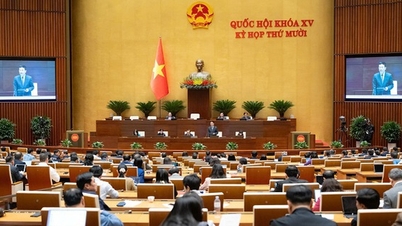
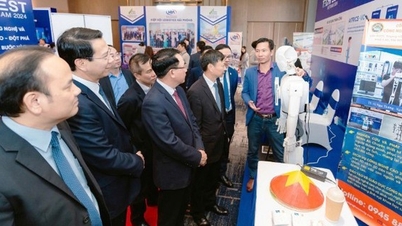
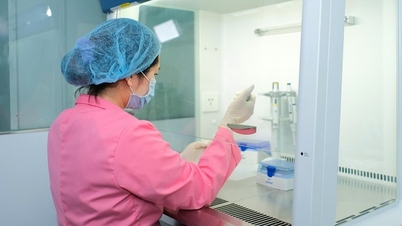
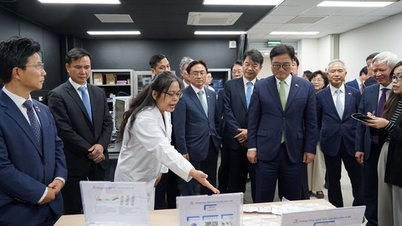
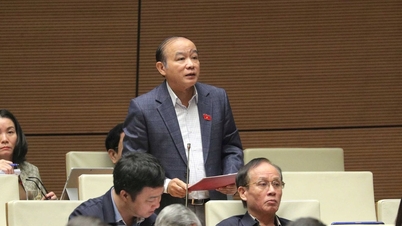








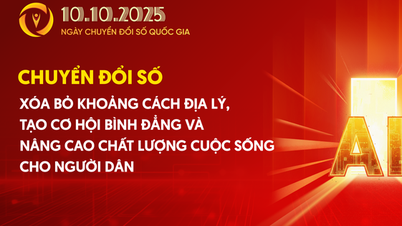
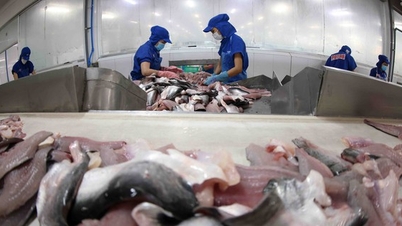
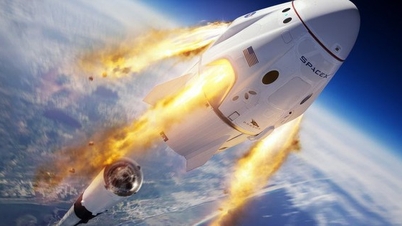














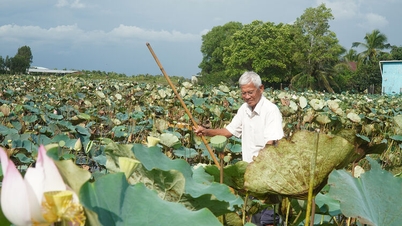

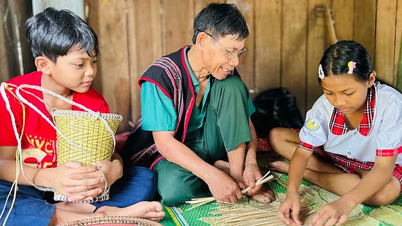










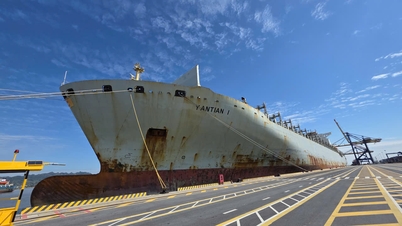
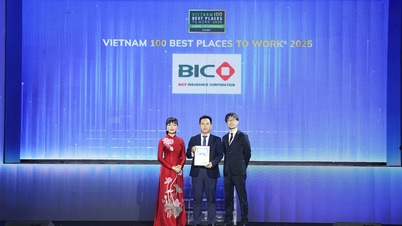
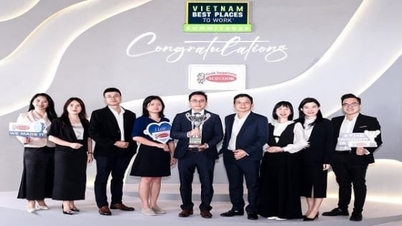



















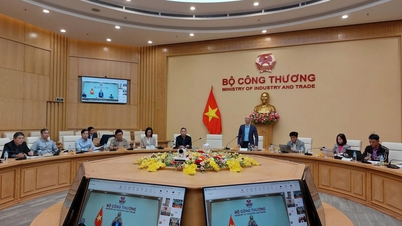

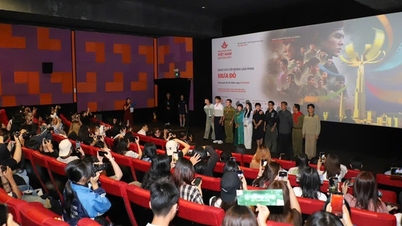



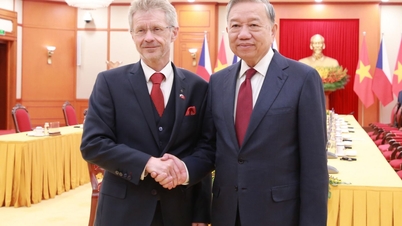
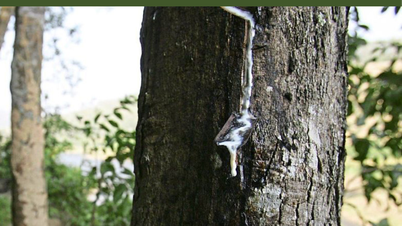
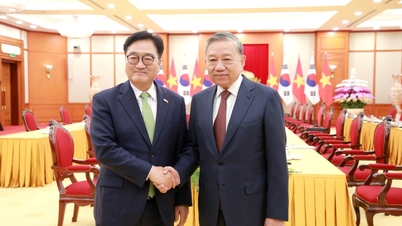






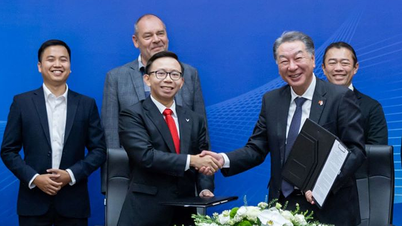
















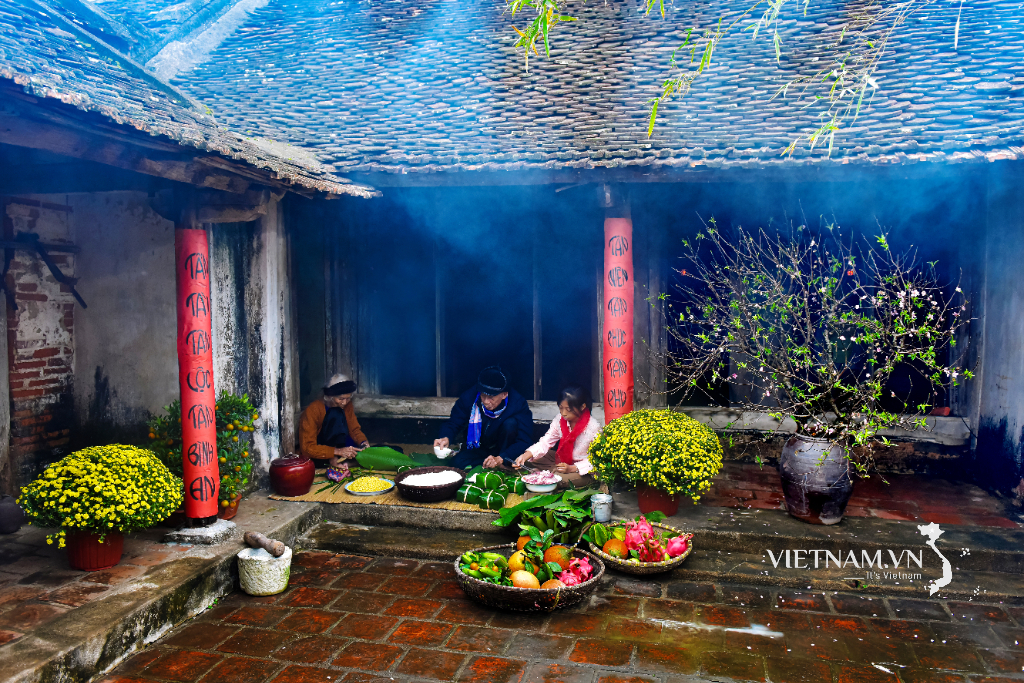
Comment (0)